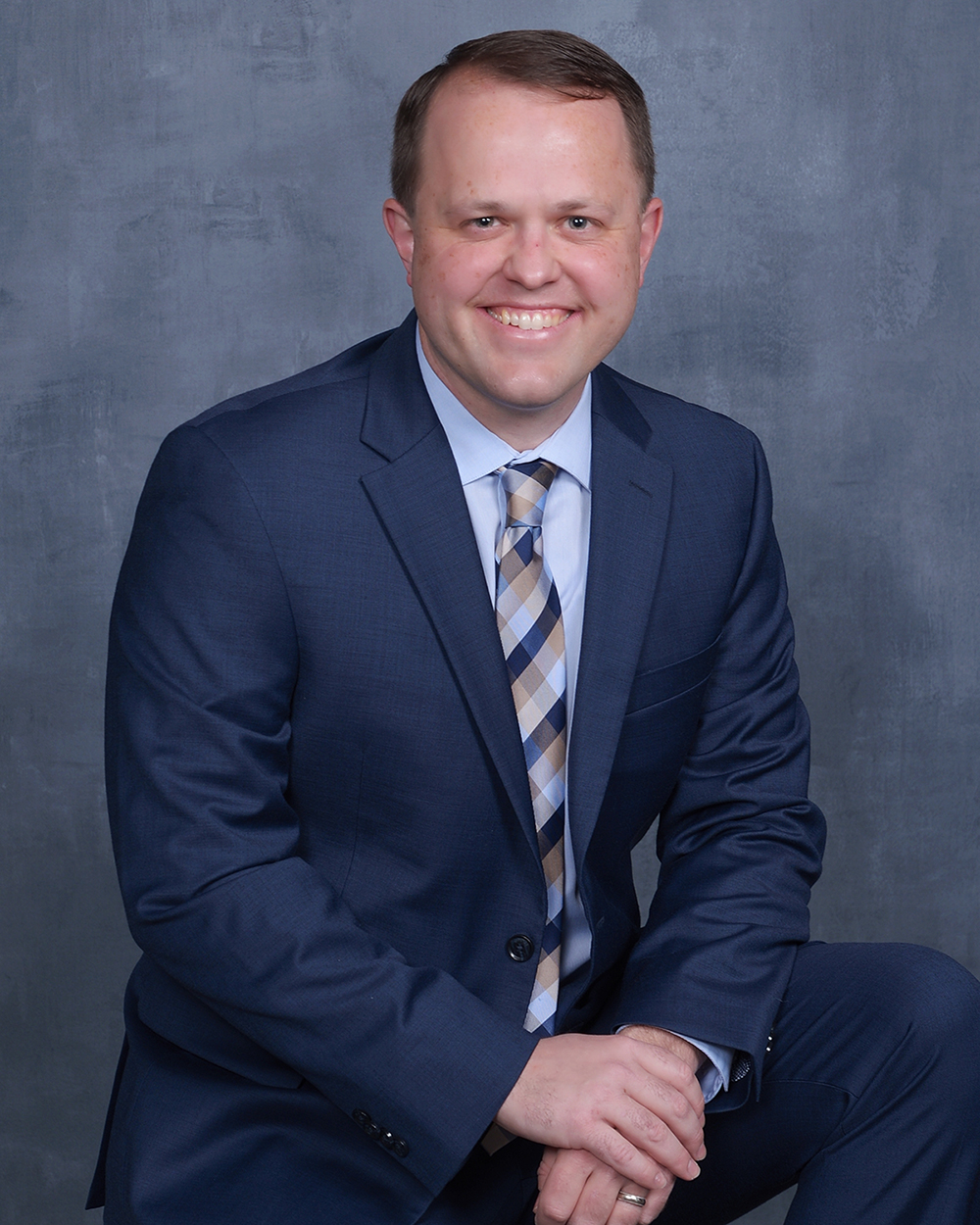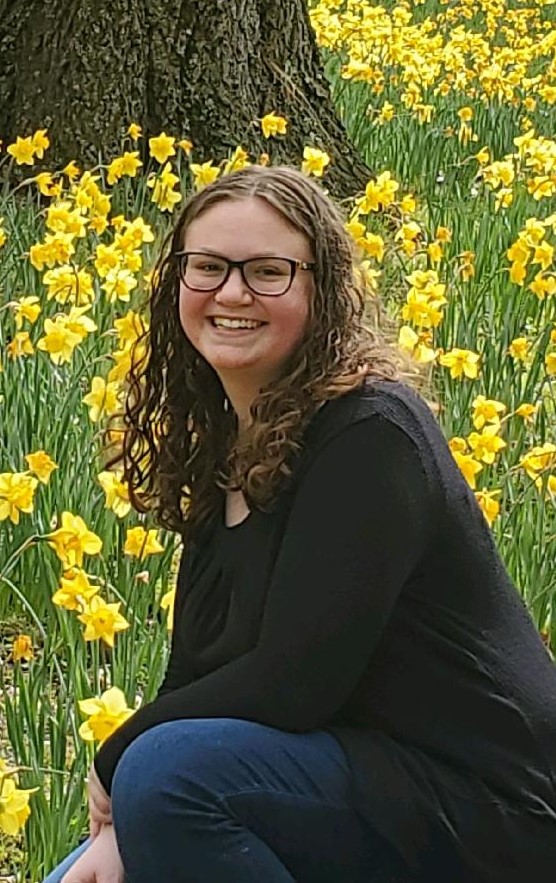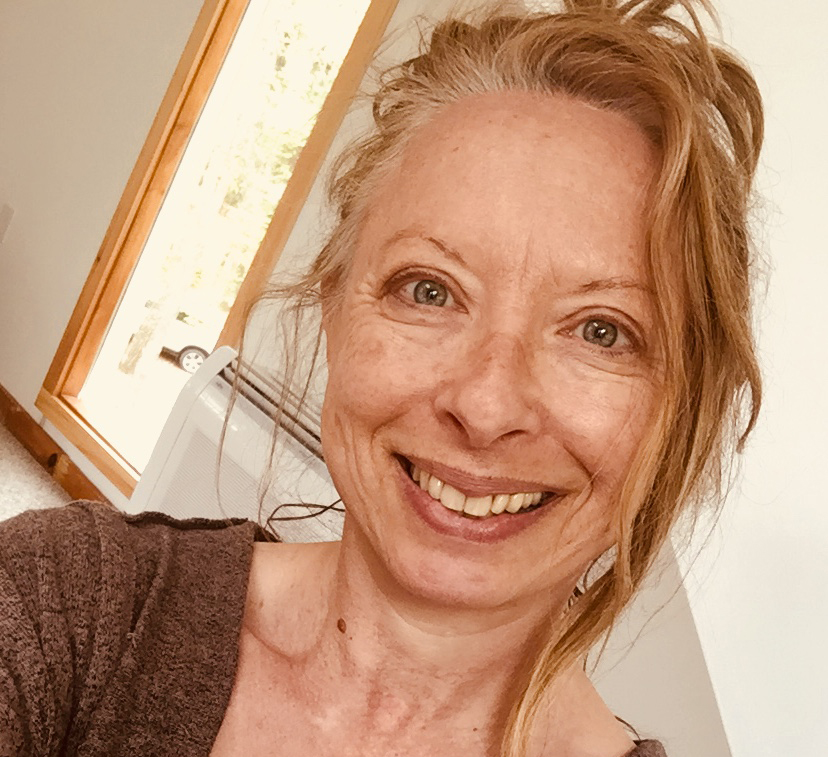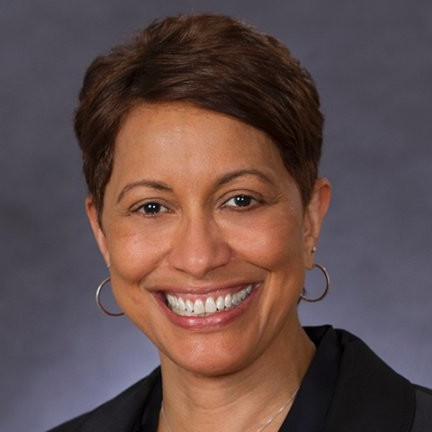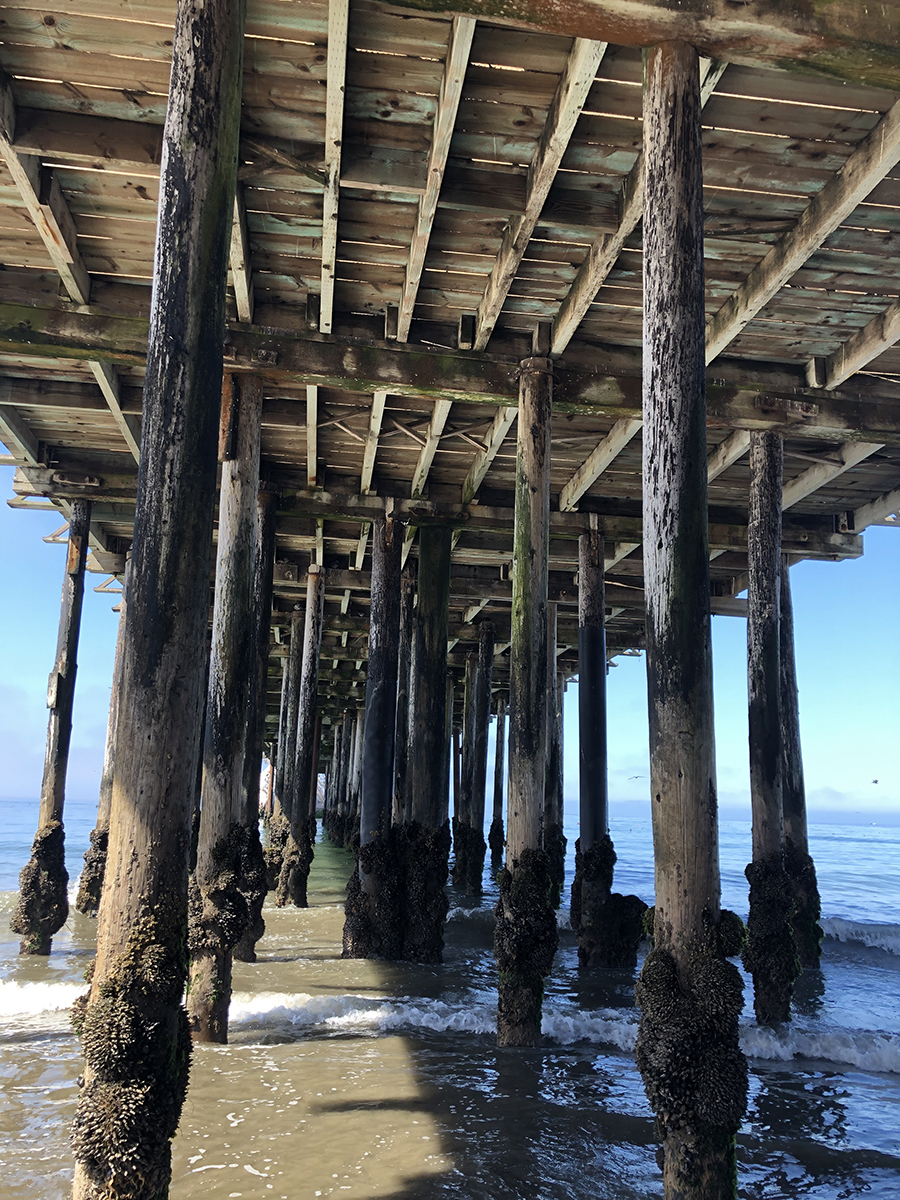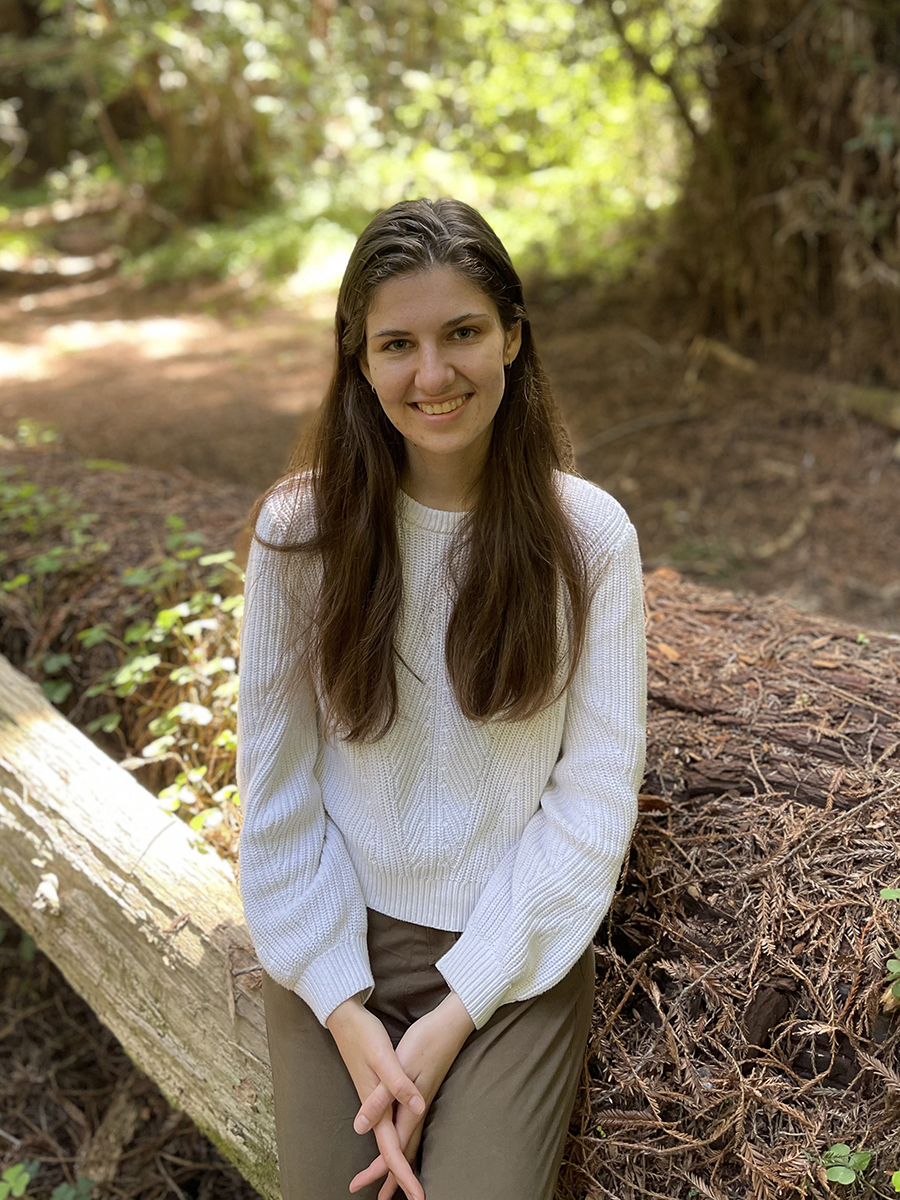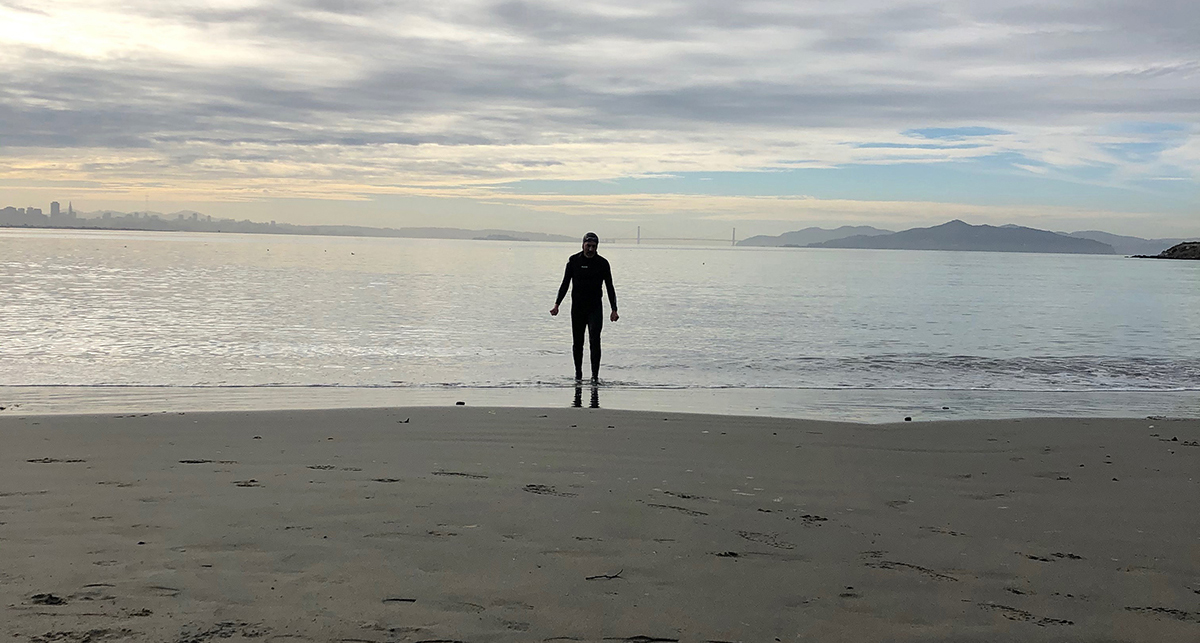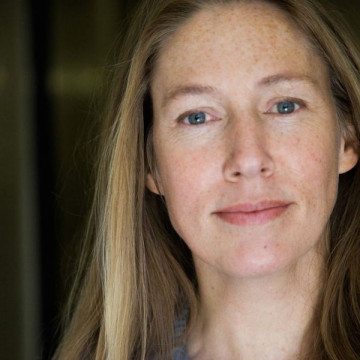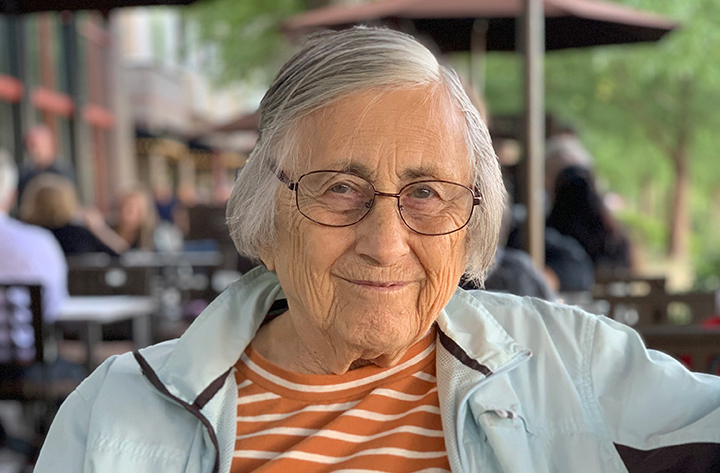Back when I get COVID –
I haven’t fully processed what I’m going through or how I’m feeling, but a few words come to mind – grim and dark and unkind and daunting.
Alone Together: Kevin Sandell
– Kevin Sandell (he/him)
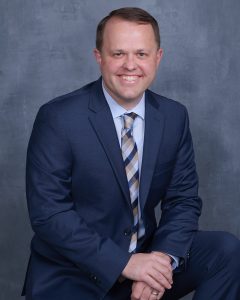
I had given the gift of life many times before – in fact, 15 times before since 2007 in places like fire stations and shopping malls. But this time, it was different. This act of service changed me for the better. I am not a doctor, nor am I a superhero. There are no capes, no miracles, and no valor needed.
Yet, a simple act that I and numerous others did amid the COVID-19 pandemic meant that a child undergoing cancer treatments might be one step closer to defeating the disease; a woman who was critically injured in a head-on car collision might have a fighting chance; and an elderly patient who received a heart transplant could live a better life. We were blood donors who voluntarily (albeit donating blood comes with some great perks!) donated a pint of blood during a recent American Red Cross blood drive in northern Virginia during the COVID-19 pandemic.
Amid the warnings to socially distance and always wear masks outside of the house, people scheduled appointments throughout the day to donate whole blood and platelets. Every appointment slot from 8 a.m. to 5 p.m. was filled, and every person showed up. We all knew that the need for blood does not stop during a global pandemic, and in fact, it probably increases. Hospitals have enough to deal with in treating critically-ill patients in the ICU and keeping up an ample supply of blood is a necessity.
I arrived to the donation site, a private performing arts center in northern Virginia, and warily placed my surgical mask over my nose and mouth. This was only my third time out of the house in three months. This same center was a place I had driven by numerous times, and had visited six months earlier with thousands of others to see a Christmas concert. It was a night of excitement, loudness, and closeness with others. All that now seems like a lifetime ago before our world was forever changed by the novel coronavirus.
Today, as I entered the performing arts center, I was the only one who walked through the entrance. The place was eerily quiet as I walked through the vacant hallways to the blood donation area. Once I reached the lobby, a volunteer took my temperature, each of us standing far enough apart that we could put two arm lengths between us. The volunteer then motioned for me to continue to the next station where another volunteer checked my identification and confirmed my appointment. Each of us eyed the other apprehensively, as if we each had COVID-19 germs gushing from our pores. Finally, I was led to a chair where I waited my turn to donate.
I sat in that chair watching the phlebotomists draw blood from other donors, everyone with solemn looks on their faces, which were hidden behind masks. There was not the usual cheerfulness or small talk between phlebotomists and donors. The air in the room was as if these blood donations were our last act of life. Just six months earlier, I had streamed into that same lobby excitedly with some friends as we headed into the Christmas concert. Now, COVID-19 has stifled the mood and everyone was serious. What was inspiring was seeing the constant flow of donors occupy the seats and the donation chairs in the 45 minutes I was there.
Every, single appointment was booked, and every person showed up. We all had a job to do and we took it seriously. People were dying in hospitals throughout northern Virginia, and it was our opportunity to do something valuable for our family members, neighbors, and coworkers.
Finally, I was called to a donation chair where they drew my blood in record time (I try to have a personal best each time I donate). Besides asking me the obligatory questions, the only time the female phlebotomist spoke to me was when the bag was full, and our eyes connected. She said from behind her masked face, “Thank you, Mr. Sandell, for coming in today. This donation will change someone’s life.”
Her remark brought life to me, and suddenly, the room seemed brighter. I was reminded why people give of themselves to help others. The pandemic’s dark side had subsided in that room as people from all walks of life donated their gift of life. We were all there to help, in a simple way, and while I know this donation will not be my last, this donation experience changed me for the better.
Alone Together: Madison Jackson
The number 32 flashes on the screen of the black telephone sitting at the back corner of the desk. The green light flickers on and off, on and off.
“32, 32, 32 unread messages”, it repeats.
I step over boxes of papers spilling out onto the floor, and around a maze of chairs that are piled high with bags and other mysterious items.
Continue readingAlone Together: Aviva Goode
– Aviva Goode (she/her)
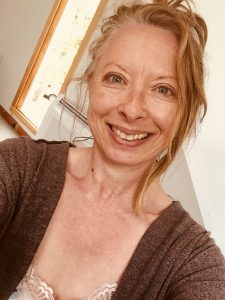
A week before my father dies, I dream he wants me to take him to the river. There’s no river where he lives in downtown D.C. There’s a large block that we walk around, when he’s up for it, down Massachusetts Avenue to 13th street, up 13th to M street and back to the nursing home. And by walk, I mean I push his wheelchair, bumping over the crooked sidewalks.
When I dream of the river, it’s July 2020. I’m cocooned at home in the Hudson Valley with virtual work, virtual recovery meetings, virtual yoga, and two new traumatized rescue cats who are very much not virtual. Since I canceled my last trip to DC in March, after weighing the risks of bringing the virus with me, I know I’ll probably never see my dad again.
He asks me to take him the river, and I don’t miss a beat, I say, yes, of course. We are both chipper as I button up his shirt and get my things together before we head outside. Then I wake up.
Waking, my thoughts slip into the worn grooves of the recent years of my dad’s Parkinson’s disease with dementia. I travel a sensory terrain made up of sticky food wiped from his fingers and the lull of lifting spoons slowly to his mouth; of what I see, and don’t see, when I look into his big green eyes—my eyes too; of the heft of his body when I lift him partway so he can drink from the water fountain in the hallway. Never in his life did my dad let a chance go by to drink from a water fountain.
Giving my dad care in his last years is, I’m told, also healing the very young part of me that didn’t get unconditional parental love from him. My parents divorced when I was 5 and my dad had moved across the country to start his new family by the time I was 9. He wasn’t around to make me soup when I was sick, to hug me after a bad dream.
I didn’t know what I was missing and it didn’t occur to me to feel hurt, angry, or abandoned. Instead, I embroidered a fantasy: I imagined my dad walking with me to school every morning, down Mapleton Avenue. In my daily mantra, my cat Sunflower also came to school where she stowed away in my locker in a secret compartment at the back, lion witch and wardrobe style, till it was time for us to walk back home after school— me, my dad, and Sunflower.
It’s six months now after the river dream, so six months and a week after my dad died. And it’s like the healing never happened. I’m huddled under my winter coat on a couch away from home at 3 am, feeling the way I used to feel when I was withdrawing from heroin, even though now, in January 2021, I’ve just celebrated ten years clean. This is my first experience of grief and it’s a crazy motherfucking shape-shifter. Tonight it shows up like dopesickness.
CS Lewis wrote: “No one ever told me that grief felt so like fear. I am not afraid, but the sensation is like being afraid. The same fluttering in the stomach, the same restlessness.”
I’m on the couch because I can’t sleep and I can’t lie restlessly anymore next to my sweetly sleeping boyfriend. Nothing is wrong. We didn’t argue and everything is okay in my life, so why do I feel like I’m in a nightmare?
I can’t find a blanket and I’m not about to turn on lights and root around for one, so I’m under my coat. My coat has a fur lined hood that’s tickling me just under my chin. The lining is ripped under one arm but I’ve gotten used to it. I can get used to anything. As I nestle into my scratchy wool cocoon I feel a fetal mood come over me. I’m a seed enclosed in a pod. If I stay inward-turned and quiet, I’ll be safe. I feel safe being unsafe. This is a familiar place—under my coat, on someone’s couch, tiny and hidden in a scary world.
I was a heroin addict for fifteen years, and I lay like this on couches all over NYC, Boulder, and Denver. I spent many hours on the living room couch in the Brooklyn apartment where I copped drugs in the 90s. The couch was stiff and the fake wood coffee table had nothing on it. All of the living in that house happened in Pearl’s bedroom. I was welcome to hang out in there with her and smoke cigarettes or sometimes crack and wait for my guy—Pearl’s son—to come back with the dope. But often I was too dopesick to do anything but lie in pain curled up on the sofa, safe knowing that in minutes or hours I’d feel not just better, but blissful, flying, finally oblivious.
It simplified everything, tunneling back and forth between pain and pleasure. I loved dope—the nodding, the soaring, the sense of god and connection, the omg unbelievable physical pleasure. But I loved the sickness too, the pain and emptiness of withdrawal. It foretold the relief to come and it was a story I knew well.
On this January night deep into the pandemic, I’m back in the crawling skin and aching heart of that thirty-year-old junkie. I’m a vagrant again, crouched under my coat on someone else’s couch, just trying to survive.
But I’m tiny again too. I’m six and alone. I can’t conjure my dad, and without him walking alongside me, I’ve lost my bearings. I’ve lost the plot. I just don’t know how to explain myself to myself. This soul-sickness, this groundlessness, is too much for me tonight. I’ll come out in the morning. I’ll become who I am tomorrow.
“The thing that eats the heart comes wild with years.
It died last night, or was it wounds before,
But somehow crawls around, inflamed with need,
Jingling its medals at the fang-scathed door.” —Stanley Kunitz
Alone Together: Adrienne Seraile McWilliams
Quarandream, Deferred
– Adrienne Seraile McWilliams (she/her)
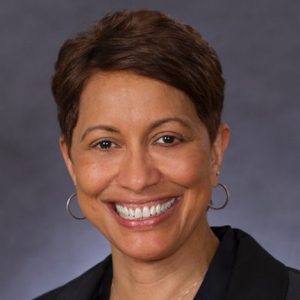
When the pandemic began life stopped. I don’t think anyone could envision what was to come. I thought, I’ll spend two weeks at home and give my house the cleaning it’s deserved. Largely ignored because of work, children, elderly parents, and procrastination, it needed help. I’ve functioned on autopilot and accumulated junk; the physical, emotional, and soul-sapping kind. I’d read all the magazine stories of de-cluttering-becoming a minimalist, as if it’s a newfound religion, and I wanted to try it.
First would be the clothes; the accumulation of the old and unnecessary. The pandemic forced me to think of two piles, fiction and non-fiction. The purge wouldn’t stop with me. I’d get my husband on board and he’d let go of the fuchsia sweatpants from the 80’s, that somehow survived Y2k, and miraculously haven’t disintegrated like everything else did in 2020. The whole family made a case for their “stuff.” Everything has a “special meaning.” But like those sweats, it’s time to excavate the relics.
In between cleaning I resurrected that lingering gnaw about writing. In first grade my teacher showed us a painting by Grandma Moses. I’m a grandmother now and I’ve had many starts but never made it past the titles; The Son Rises in Harlem, Too,, Same Sky, and now Quarandreams. Creative titles yet each of them is a come-back story with the same protagonist and antagonist, me. I’m a walking metaphor; a complex compilation of procrastination and busy-ness all in one. I have endless ‘to do’ lists that I hate to do until it’s zero hour.
OK, so I’d rather have life unfold than me unfold it and it’s never unfolded like it did over the last year. 2020 was devastating; one wreck after the other. The curve flattened, the clock ticked, and I began to panic. I’d written nothing and cleaned one room. I heard the president say, “we’re rounding the corner in November,” only to come full circle. That April 2020 two week off, cleaning and writing frenzy, didn’t happen. It became a “who knows when.” With no end in sight the laptop loomed as a constant reminder of unfinished business; not to mention the junk that still sat in my house.
I needed a test with a time limit. I needed a teacher staring at me with a red marker so that I could write. But quarantines and shutdowns have no structure. Deadlines and due dates are open-ended. I told myself- if you were such a good writer, you’d write, but writing became a reminder of the unfinished dream and what I’d left behind many years ago. I’ve found that my quiet time spoke volumes, forcing me to acknowledge my greatest disappointments too. I’ve been quarantined in my head for a long time. It’s nearly a year and The Quarandream boiled down to Chapter One: The Quaranclean; getting rid of the physical clutter. Remember when you didn’t finish your work and your teacher would ask “what grade would you give yourself?” We could never say “F” for fail. I’ve generously decided I deserved an “incomplete.“ Whatever I hoped would be the outcome of being away from my office has morphed into survival…not getting sick, not getting my pre-existing husband and 97-year-old mother sick, keeping my day job, and not gaining 25 lbs.
But dreams are like that old friend who we love, argue, and wrestle with and they’re still here. They’re a constant reminder of what could be, what’s not done, and what never may be. They’re wispy and hard to pin. When we leave them unanswered, they pop up again on the doorstep unannounced. That beautiful ethereal vapor can become a dark cloud; a constant reminder that you didn’t answer the door. Full disclosure, I stopped dreaming and just kept doing. Life can do that. And then there’s loss. Loss threw me out of sync for a minute, but the loss of my child floored me for a season. There were some days when I could only breathe. I’d been so heavily vested in my children that I forgot to dream.
It’s taken more than a pandemic year to admit this, but dreaming was a luxury. I tried to write, but that loss and how it upended my family, was too painful and personal. I couldn’t acknowledge it and dare not immortalize it into words. I was stuck. I haven’t fully grasped how it happened, but it did. Losing a child to prison and watching him break after losing his best friend to gun violence stopped me cold. He’d stopped dreaming and that took the vapors out of mine. I plodded through the days, immersed in the mundane.
This isn’t new. It’s been written before by the prophets … yet at the bottom of my personal hell I got a hint of daylight. The epiphany. Each morning I was able to look out my eastern window and watch the dark give way to light reflecting off the Harlem rooftops. I knew that even if he was in the “box” (segregation), where he spent most of his prison time, we were still connected by the same sky. Maybe that’s all it would ever be. He in an upstate prison town, me in New York City in a prison of my own.
Somehow, I believed he’d be forced to remember how to dream in his quiet time too. An acquaintance said to me while he was upstate, “at least he is alive.” I couldn’t fathom that, just alive. It made me angry. But the year at home has forced me to come to terms with just living. There are times when we can only breathe. And if we’re still here, breathing, there’s still hope, and maybe a dream.
Dreams linger long, floating, waiting to be recaptured. A little mouth to mouth, a small breath of oxygen, can lead to resuscitation. My dreams are still here, waiting, and the house is too.
Alone Together: Lisa Meltzer Penn
Saturday morning Jon and I leave our hotel and walk the one block to the beach. We’re on our first trip since shelter-in-place began, a one-night sojourn to Santa Cruz for our anniversary. The thick gray fog has lifted, and all across the beach a floating veil of mist visible to the naked eye is being sucked back into the sky.
Continue readingAlone Together: Cora Becker
Graduating from college during a pandemic was anticlimactic in many ways. Instead of the big family party we had planned, my parents and I ordered takeout to celebrate the night after my senior thesis presentation, which I delivered on Zoom from my childhood bedroom.
Continue readingAlone Together: Fred Brill
It is not that living through a pandemic was prompting an existential crisis. I simply felt a profound need for something new in my life. I needed to feel free again.
Continue readingAlone Together: Tracy Raczek
– Tracy Rączek (she/her)
“A tear in cloth can be too large for a patch” says the Pashtun proverb.
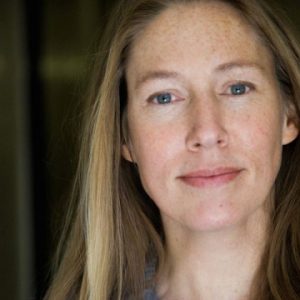
Recalling his UN fieldwork in a country where peace and economic prosperity seemed impossible, my colleague’s fingers turned stiff to gouge a pretend hole in his pants. Failing to stitch it, he slouched, wearied by his pretend loss and too real recollections. “See? The damage is far beyond repair.” My heart hurt for the country. As I walked away, I also selfishly wondered how many ruptures in my life had I made that were too deep to mend.
I do damage. I do damage because I am stubborn. My stubbornness leaves me with broken bones, abandoned relationships, and lost jobs. Yes, I am the kind of stubborn that has carried an injured man down a mountainside and fought bosses that sexually harass. But I also struggle to genuinely apologize, even when I know I am wrong – even to those with whom I am closest and love the most. So when she called last April – that precious old friend whom I had faulted and not spoken to 20 years since – Covid was the perfect scapegoat to remain silent.
At the start of this pandemic, we were pounded in NYC. TV and radio ceaselessly poured reports of the rampaging disease and skyrocketing deaths into our apartments that we paced within. Temporary morgues stacked up in alleys and parks around us. Family, acquaintances, and colleagues fell ill; some died without warning. We consoled each other across the ethernet; across the airshaft of our tenement building. Boarded streets fell eerily quiet except for sirens that screamed by our windows, then echoed down the city’s canyons.
I stopped listening to the news, picking up calls. Stopped listening to anyone. I was never good at listening to others anyway. In March I was walloped by chest pains and a positive Covid diagnosis; trapped inside a baton-beaten one-tonne body, I was forced to fight for my breath – a fight I nearly lost and try my hardest to forget.
“Just calling to check you are OK in NYC — with the virus and all,” a slight strain in her gentle voice. She was “that friend” in your twenties, when you are joyous and foolish; bold and broke. She was sweet. I was wild. In our tribe of musicians, ski-bums and vagabonds, she and I were inseparable for years and made a point to weave our days and lives together — steeped like tea. I can’t recall which joke was hers or mine, only memories of howling together hiking under a full moon in the mountains; searching for a water-hole in the desert; living in adjacent rustic cabins by mossy woods in Alaska. It was there, in Alaska, that our friendship fell apart. In an art gallery, over a glass cabinet full of Russian stacking dolls, during a fight of my making, I ended our friendship.
For the next 10 years or so, we did not speak. Eventually written words, on holiday cards, were slipped under the wall that I had built between us. Hers were always colorful, with hand drawings of Alaskan wildflowers, tales of huckleberry picking, well-planned river trips, pictures of her children. Mine dripped with political sarcasm and adventures that too often ended in bike crashes or nearly sunken boats. Both tinged with a hint of longing.
Now she was on my phone. I pressed “voicemail”, like an obsessed lover, and listened to her message three times. “Just calling to check you are OK in NYC — with the virus and all…” By this time, in April, I had escaped from the city to my tiny off-the-grid Catskills cabin. Heated by a woodstove, without electricity or running water, and tucked into 45 acres of woods, I am ever grateful for it. Now it would allow me to walk without a mask and to rest – or more accurately collapse – whenever I needed. I did not have energy to call her back, reopen a deep wound and try to repair it. But something happens when you vomit on the ground, your mind spirals outward and you stay up all night fighting to breathe like you are drowning and you are not sure you will make it till dawn. Then you do – but you don’t know if and when it will happen again. You care more deeply about each small thing afterwards. Everything, achingly, matters. And, oddly, nothing does. Risk and vulnerability and values change proportion.
She picked up.
Sitting in my cabin, in the only spot with a mobile signal, staring out the window to the hill of trees, yellow-green with spring buds, focusing on my breath as we talked — something I must do more now — I let it out: “I am so very sorry for what happened back then in Alaska. I can be so stubborn. I am sorry.” Ever kind, she listed traits that she would trade-in for better ones. We chalked it all up to youthful stupidity and arrogance then dove appreciatively into each other’s insights of the world today. We mourned time together lost and belly-laughed over memories shared, trying to pry apart who said this and who did that so long ago — an impossible task. “Perhaps” she noted, “amid all the space of Alaska, maybe we were free to become more of ourselves and less of each other?”
Finally, after more than two hours passed, we rested on plans to meet as soon and as frequently as our lives allowed, once I am strong enough, and once we all feel safe enough to travel. Reluctant to hang up, reality pressed. Her pre-teen daughter was painting their Anchorage kitchen gold, unwatched and without a drop-cloth. Our Catskill cabin was getting dark and cold — the woodstove fire and lamps needed tending.
There is, of course, a very real chance we will not meet again. But she is kind and I am stubborn so I will mend best I can.
Alone Together: Katie Gomulkiewicz
Her hair, mostly a deep silver with streaks of peppercorn black, is pinned up with a blue rhinestone hair clip. My grandma glides out of the nursing home with a wicker basket and iPad in tow. I have come to expect this type of anachronism from her. Born in 1929, the year the stock market crashed at the beginning of the Great Depression, she was raised on a Mennonite farm in Iowa. The fifth of seven children, my Grammy Ida often told me, “that meant in the winters, I’d be on the outside of the bed and in the summers, on the inside.” She is ninety-one now, a far cry from the young, bold woman who drove a yellow VW bug around Europe after college. And yet, her spunk hasn’t diminished. On this day, in 2020, I have come to “jail break” her from the nursing home in Portland.
As I waited for her (mask on) outside the doors of the nursing home my mind traveled back over the last twenty-six years of memories. My Grammy Ida has always been my best friend. We bonded at a young age over a mutual love of toasted bread slathered in butter; “the butter gals” our extended family would call us. How could I forget the time, many years later, when she taught me to butterfly and stuff a guinea fowl with olive tapenade (the perfect first date meal, she claimed). I could never understand the logic of crushing the bones of a tiny, dead bird as a good first impression, but she insisted. When I moved away to North Carolina, I worried about her. My other grandparents died while I was away and Grammy Ida got older and older.
Four years ago I moved back to Washington which didn’t please her, “why not Portland?” she’d always ask me. But it was close enough to take the bus on weekends to visit. We had become regulars at the Great Clips, the Costco, and the local pizza parlor. Then a year ago “it” happened. At ten am I had boarded a bus back to Seattle and at six pm I got the call from my Aunt, “Grammy Ida is having a stroke.” For weeks she couldn’t sit up and her words were a jumble of misnomers and misspeaks. I worried. I visited. I waited. My Grammy Ida was the first in her family to go to college. She raised four children as a single parent while working as a substitute teacher and tax accountant. She nurtured the family pets: a monkey, two parrots, countless dauchunds, a duck, and a one eyed tomcat named Sugar. She was tough as nails.
Now, a year later as I watch her walk out of the nursing home, I consider it to be a small miracle, but not an unexpected one. I greet her with a hug (which admittedly, may not be COVID-smart) and guide her into the passenger seat of the car. “Hey Grammy,” I say, loudly so her hearing aids can pick up the words. For the past few months, she’s been confined to her small room which is wise from a health standpoint but painful to a ninety-one year-old whose greatest joy in life is visitors. But today, on her birthday, I’m here to take her back to the house she lived in for fifty-three years in Portland for banana cake (her favorite) and steaks.
There is so much pain and uncertainty in the world today. Grammy Ida as lived through her fair share of pain and uncertainty: the Great Depression, World War II, Vietnam, and now, COVID. On a bad day recently she asked me, “is Germany still in two parts or one?” “It’s one Grammy” I told her, “and has been for a few years now.” She paused and thought for a moment, “that’s good to hear,” she told me “that’s good to hear…” I told my Aunt about this encounter later in the day and we both laughed. But my sister had a different reaction. “Katie,” she said to me “can you imagine how much has changed in Grammy’s lifetime?” she reminded me and as usual, she is right. COVID-19 will make it into the history books, that is for sure. And I imagine that historians will have much to say about its impact.
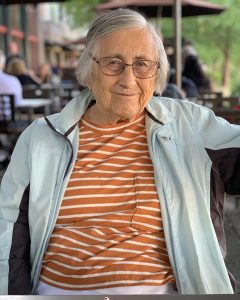 My Grammy Ida will not make the history books, but she should. These last few months I’ve temporary moved to Oregon where I can go visit her frequently and bring her homemade carrot cake and large oranges from the grocery store (which are always her favorite gift). Her life has not been easy, but it has long and full of many memories. A few years ago, on one visit to Portland, I drove us to a local donut shop. We pulled up in her old silver Toyota in our matching red sweatshirts and Adidas sneakers (to the amusement of everyone inside). I got a yeast glazed donut and she got a chocolate one. We drove to a small park by her house and ate the donuts on a bench by a pond with ducks drifting across the water. I don’t know how many years or months or days my Grammy Ida has left, but I will cram in as many memories as I can. And in a funny way, thanks to COVID, I already have. As I drive Grammy Ida back to the nursing home after her birthday party I give her a kiss on the top of her head and say, “bye best friend, I love you.” “Love you more,” she replies. “Not possible,” I retort.
My Grammy Ida will not make the history books, but she should. These last few months I’ve temporary moved to Oregon where I can go visit her frequently and bring her homemade carrot cake and large oranges from the grocery store (which are always her favorite gift). Her life has not been easy, but it has long and full of many memories. A few years ago, on one visit to Portland, I drove us to a local donut shop. We pulled up in her old silver Toyota in our matching red sweatshirts and Adidas sneakers (to the amusement of everyone inside). I got a yeast glazed donut and she got a chocolate one. We drove to a small park by her house and ate the donuts on a bench by a pond with ducks drifting across the water. I don’t know how many years or months or days my Grammy Ida has left, but I will cram in as many memories as I can. And in a funny way, thanks to COVID, I already have. As I drive Grammy Ida back to the nursing home after her birthday party I give her a kiss on the top of her head and say, “bye best friend, I love you.” “Love you more,” she replies. “Not possible,” I retort.


